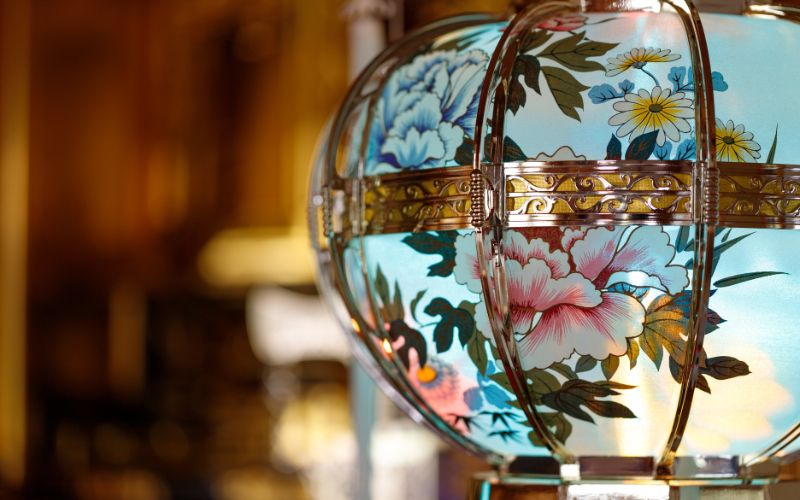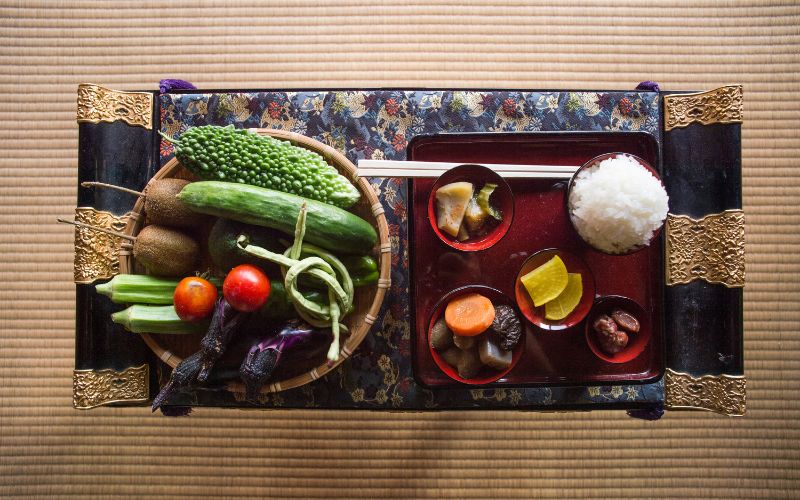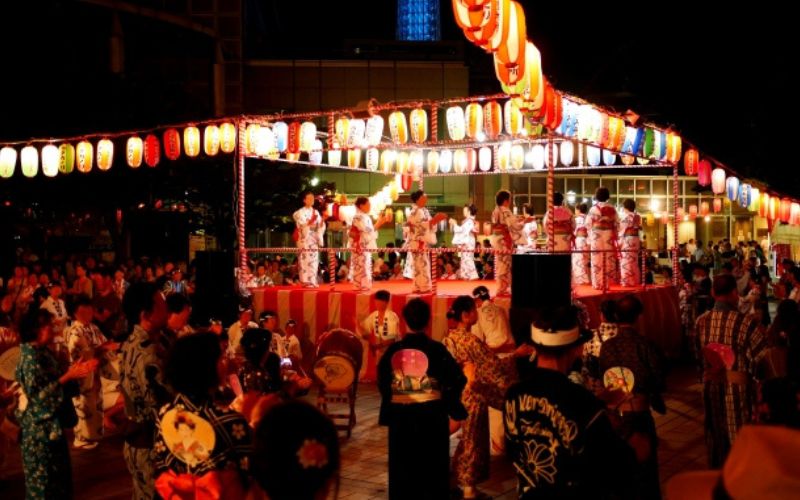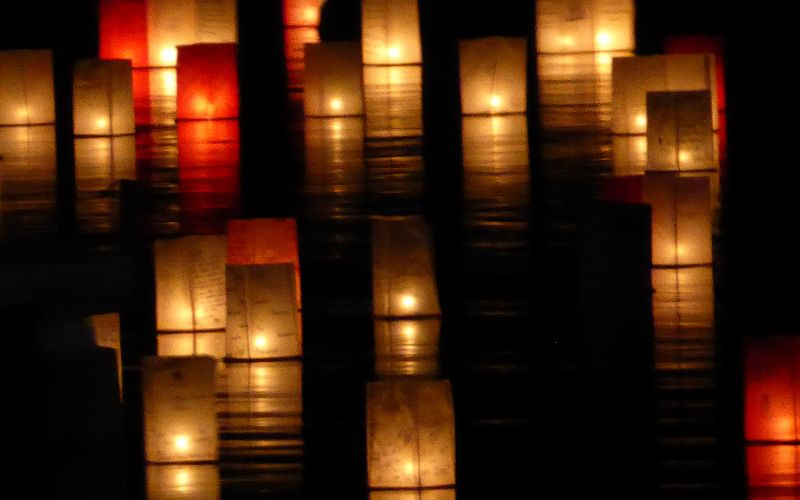Discover the Magic of Japan’s Obon Holiday

Discover the Magic of Japan’s Obon Holiday

If you've ever been curious about Japanese culture, the Obon holiday is a fascinating tradition to explore. Obon, also known simply as "Bon," is a time of year when families across Japan come together to honor the spirits of their ancestors. It’s a unique blend of reverence and celebration, and if you’re planning to visit Japan or just want to learn more about its cultural richness, understanding Obon is a great start!
When is Obon?

Obon typically takes place in mid-August, around the 13th to the 16th. However, depending on the region, some areas might observe it in July. The reason for this variation is the difference between the lunar and solar calendars, which were used in Japan before the modern calendar system was adopted. Despite the different dates, the spirit of Obon remains the same across the country.
What is Obon?

At its core, Obon is a time to honor and remember deceased family members. It’s believed that during this period, the spirits of ancestors return to the world of the living to visit their families. To welcome them, Japanese households clean their homes, prepare offerings, and even light lanterns to guide the spirits back.
But it’s not all solemnity! Obon is also a time of joy and celebration, where communities gather for vibrant festivals, traditional dances called Bon Odori, and fireworks. It’s a time when the streets come alive with color, music, and the warmth of togetherness.
How is Obon Celebrated?

During Obon, many Japanese families return to their hometowns. They visit graves, offer food and drink to their ancestors, and sometimes even light small fires called mukaebi (welcoming fires) to guide the spirits. This is a deeply personal and spiritual time, but it also brings with it a festive atmosphere.

One of the most enchanting aspects of Obon is the Bon Odori, a traditional dance performed in public squares, parks, or temple grounds. People of all ages dress in yukata (light summer kimono) and dance in a circle to the rhythm of taiko drums and folk music. The dance is easy to join, and it’s a joyful way for communities to bond and celebrate together.
In addition to the dances, many towns and cities hold Obon festivals with food stalls, games, and even fireworks displays. It’s a wonderful time to experience Japanese culture at its most lively and welcoming.
Why is Obon Special?

What makes Obon truly special is the way it blends respect for the past with the joy of the present. It’s a time when families reconnect, not just with each other but with their heritage and the memories of those who came before them. The festival atmosphere, with its lights, music, and communal spirit, is a reminder that life is a cycle of both joy and sorrow, and that honoring this balance is a key part of Japanese culture.
Experience the Taste of Obon

If you’re not in Japan during Obon, you can still get a taste of the celebration by exploring Japanese foods traditionally enjoyed during this time. From savory dishes like somen noodles and grilled fish to sweet treats like manju (steamed buns filled with sweet bean paste), Obon food is comforting and often shared among family and friends.
At our store, we offer a range of premium Japanese foods that can bring a bit of Obon magic to your home. Whether you’re interested in traditional flavors or modern twists on classic dishes, there’s something for everyone to enjoy. So why not take a moment to explore our selection and discover the tastes of Japan’s summer festival?

Obon is more than just a holiday; it’s a cultural experience that touches the heart of Japan’s traditions. It’s a time when the past and present come together in a beautiful celebration of life, family, and community. Whether you’re enjoying the festivities in Japan or bringing a piece of it to your home, Obon offers a chance to connect with something timeless and truly special.
Explore more premium Japanese foods at JapanVIllage on Amazon.com!


Facebook Comments